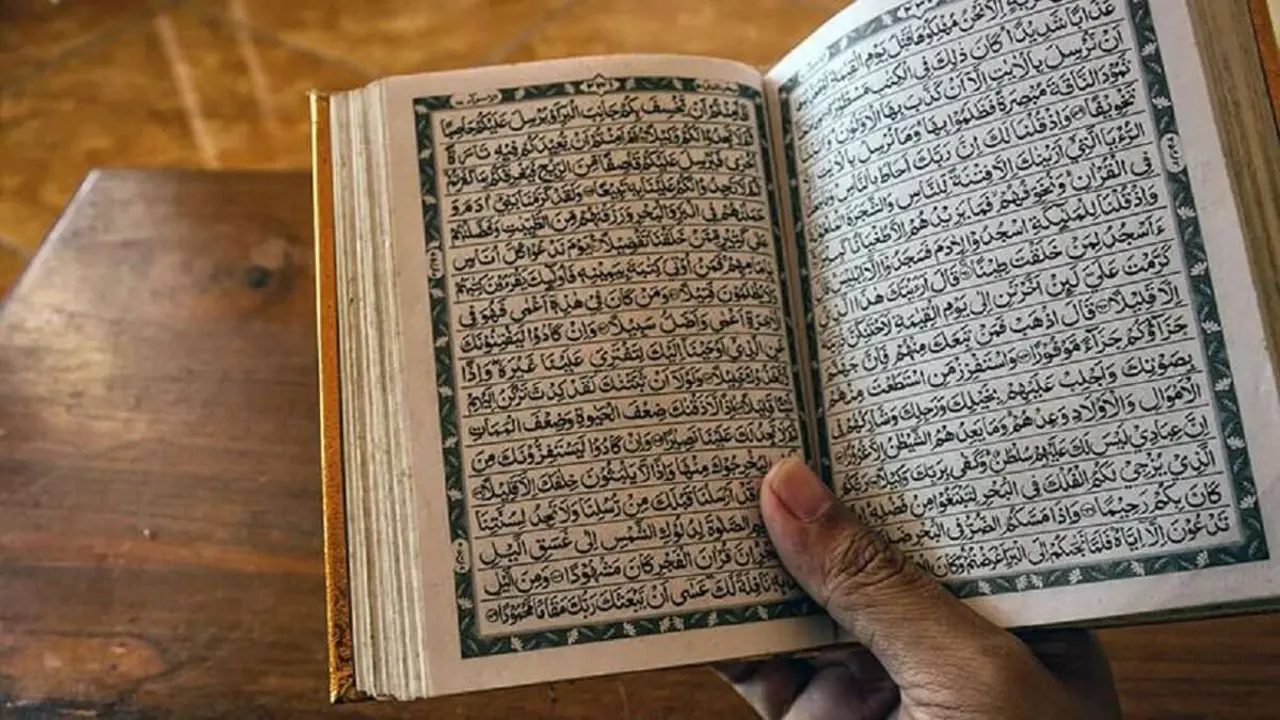Amnesty denounces Chinese government intimidation of Uighurs in exile

The human rights organization Amnesty International (AI) on Friday denounced the campaign of intimidation carried out by the Chinese authorities abroad against members of the Uighur minority living outside China. According to the AI report released on Friday, Beijing has used pressure measures such as intimidating phone calls or messages through its embassies abroad, but has also used the relatives of those exiles remaining in north-west China's Xinjiang region as a means of pressure.
The investigation revealed that 181 of those interviewed received threats when they tried to report the situation, 21 people indicated that the Chinese authorities had used some messaging application to contact them in an intimidating manner and 39 received calls in the same tone to obtain personal information. In addition, 26 individuals were approached to become government informants.
The Amnesty report is based on face-to-face interviews and surveys carried out between September 2018 and September 2019, with "some 400 Uighurs, Kazakhs and Uzbeks and members of other ethnic groups living in 22 countries on five continents". "Even if they have fled Xinjiang, Uighurs and other minorities are not safe," says AI researcher Patrick Poon. The Chinese government always finds a way to track them down, intimidate them and even try to bring them back to a bleak future, even resorting to pressure on other governments to return them (to China)". "These chilling accounts from Uighurs living abroad illustrate that the long shadow of repression against China's Muslims extends far beyond its borders," Poon warns.
Among the cases provided by the NGO, the one of a citizen called Yubus Tohti, who was in Egypt during his studies when the Chinese police contacted him through the WeChat messaging application, asking him for personal information, stands out. According to the story, Tohti fled to Turkey and then to the Netherlands. Months later, his brother, who lives in Turkey, received messages from the police in Xinjiang, where the Uighur Muslim minority lives. In them, "they told him that they were with his parents and that he should return to Xinjiang, which he understood to be a direct threat to his parents' safety," according to AI. As a result, Tohti lost all contact with his family and is unaware of their status and whereabouts.
Several human rights organizations have denounced a campaign, launched in 2017 by the Chinese government, of arbitrary detention and internment of up to two million Uighurs and members of other minorities of the Mohammedan faith in Xinjiang in centres that Beijing calls "vocational training" and which, according to the authorities, would be their contribution to the fight against terrorism worldwide.
However, the testimonies collected, as well as official documents leaked to the press - always branded as false by Beijing - show a radically different image of these centres and of this campaign, which not only prohibits religious symbols or the use of their own language in favour of Mandarin, but has also included the destruction of sacred places and Muslim worship in China.








